The AI Revolution in Quality Assurance: Enhancing Accuracy and Efficiency
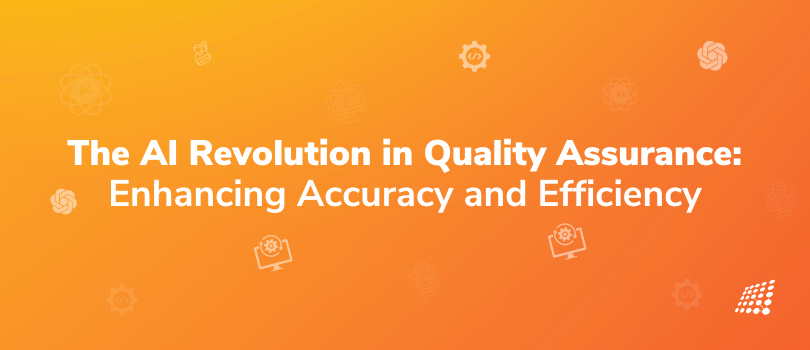
The use of AI in Quality Assurance has gained significant traction. It’s no longer a niche concept; it’s become mainstream. However, what remains is the fact that quality assurance (QA) plays a crucial role in ensuring the reliability and performance of products and services. It’s never quality vs accuracy but making sure both these concepts go hand-in-hand. However, traditional QA processes often involve manual testing, which can be time-consuming, labor-intensive, and prone to human error.
With the advent of artificial intelligence (AI), both accuracy and efficiency in software testing have improved. With AI, we can achieve more reliable results while saving time and effort. Let’s see how the AI Revolution in Quality Assurance is helping to enhance accuracy and efficiency.
Current State of AI in SQA
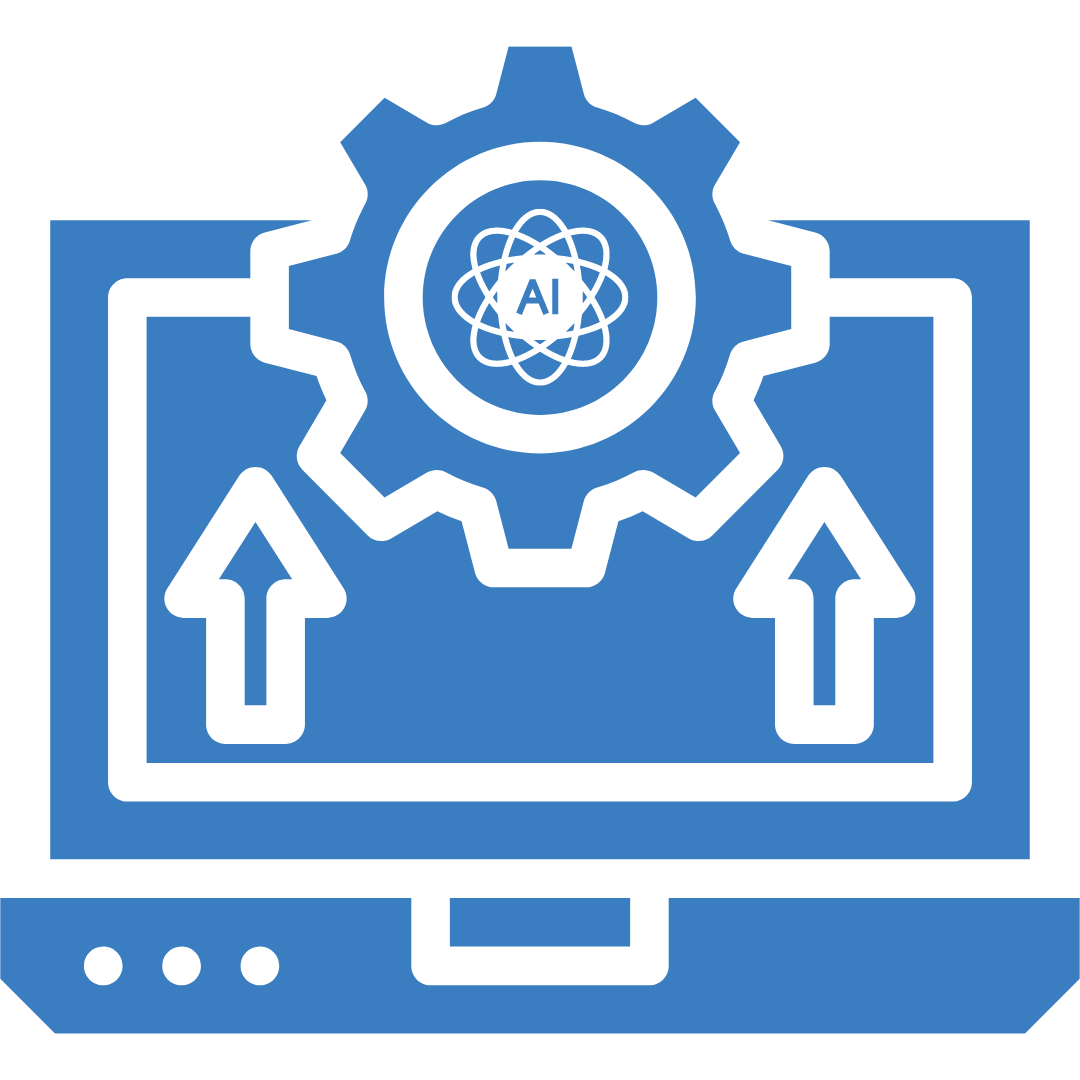
1. AI Automates Mundane Tasks in QA:
- The Challenge: Traditional manual testing involves repetitive tasks like test case execution, data entry, and result verification. These tasks are time-consuming, error-prone, and often monotonous.
- The Solution: AI-driven automation tools take over these mundane tasks. For example:
- Automated Email Management: Automate AI to categorize, prioritize, and even respond to emails, freeing up testers’ time.
- Customer Service Chatbots: AI chatbots handle routine inquiries, allowing human agents to focus on complex issues.
- Data Entry and Processing: AI-powered Optical Character Recognition (OCR) tools convert scanned documents into editable text, reducing manual data entry efforts.
2. Self-Healing Tests and Scripts Powered by AI:
- What Is It? Self-healing techniques and tests use AI algorithms to automatically detect and correct issues during test execution.
- How It Works:
- Adaptability: Imagine a test script interacting with a button on a web page. If the button’s ID changes due to a software update, self-healing mechanisms adapt without human intervention.
- AI Blueprinting: AI autonomously creates and executes new test scripts, covering all possible user journeys. It verifies existing paths and writes fresh tests on each run, eliminating maintenance overhead.
- Benefits: Reduced downtime, improved system reliability, and cost savings.
3. Supervised Exploratory Script Generation:
- The Concept: AI learns from past testing experiences and adapts its strategy. It validates outcomes by exploring different routes through the application.
- Key Capabilities:
- AI Creates Scripts: Machine learning-powered AI explores all discernible paths, creating use cases as it goes.
- Coverage and Visibility: AI-generated scripts cover up to 10X more than human-written scripts, ensuring comprehensive testing.
- DevOps Ready: Integrates seamlessly with CI/CD tools.
- Identifies Errors and Bottlenecks: Functional errors and performance issues are detected.
4. Reduced Maintenance Tasks and Increased Application Coverage:
- Impact: With self-healing mechanisms and AI-generated scripts, maintenance becomes minimal. Teams can focus on strategic testing, improving overall coverage and quality.
- Efficiency: AI automates repetitive tasks, allowing QA professionals to allocate time for exploratory testing and critical validation.
Automating Testing Procedures
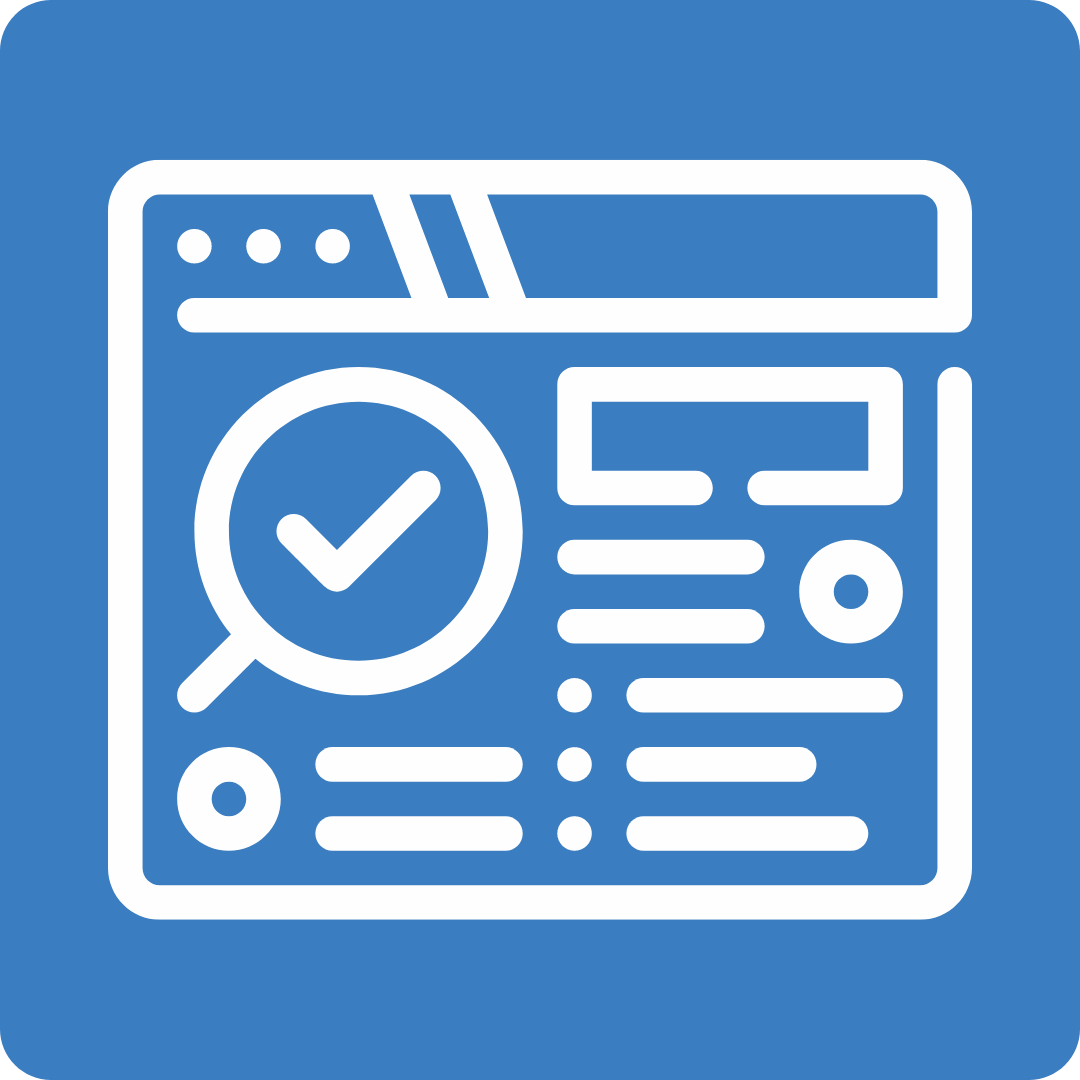
One of the primary ways AI is revolutionizing QA is through the automation process in software testing. AI-powered testing tools can analyze vast amounts of data and identify patterns and anomalies that may go unnoticed by human testers. Automated testing not only accelerates the QA process but also enhances accuracy by eliminating human errors and inconsistencies.
Improving Accuracy and Analysis
AI-driven QA tools are capable of performing repetitive tasks with a level of precision and efficiency that surpasses human capabilities. By continuously learning from data and feedback, AI algorithms can adapt and optimize testing strategies over time, leading to more robust and reliable QA processes. This increased accuracy and efficiency translate to cost savings and faster time-to-market for companies across various industries.
Enhancing Product Quality
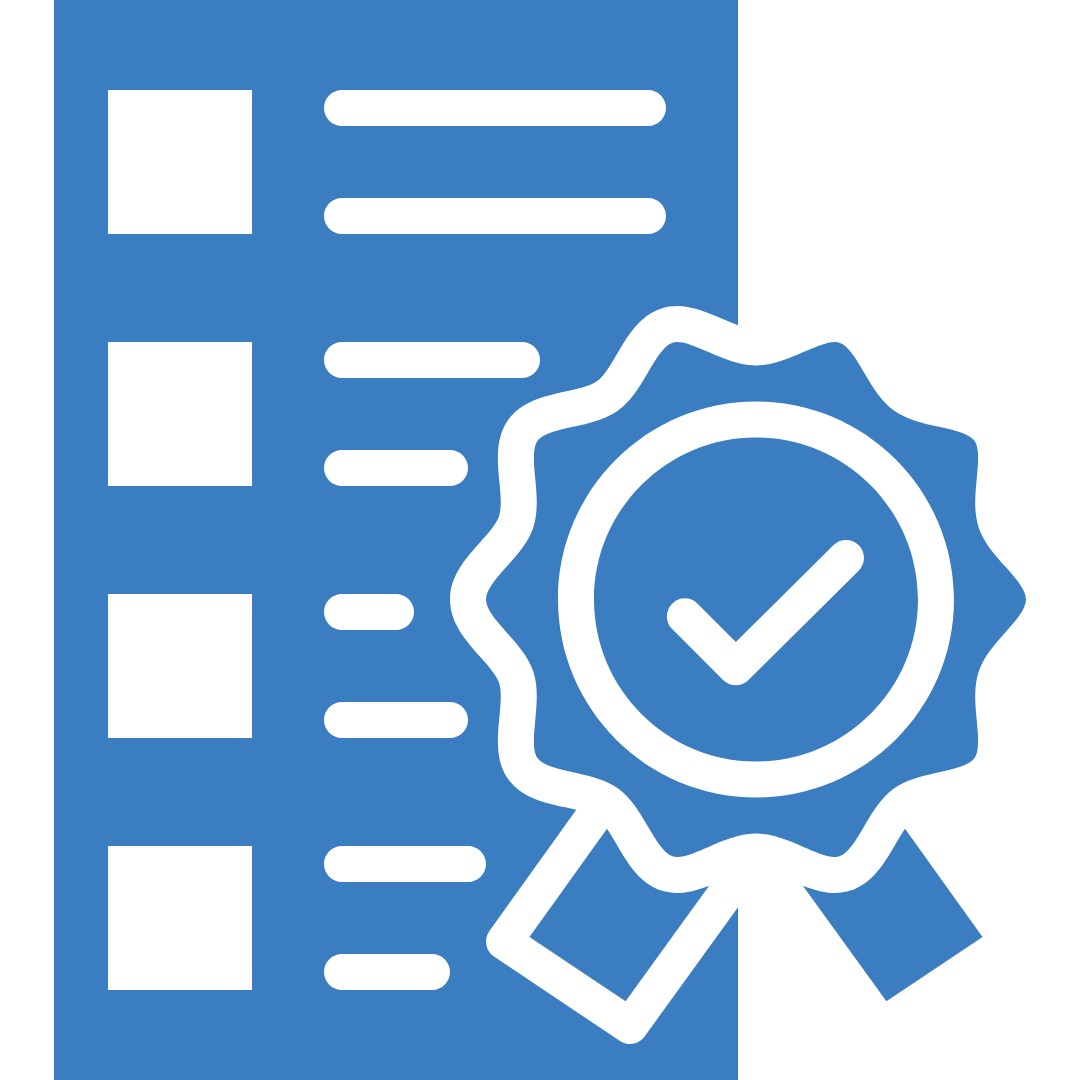
The implementation of AI in QA is not only about speed and efficiency but also about improving the overall quality of products and services. By identifying potential defects and vulnerabilities early in the development cycle, AI-powered QA tools enable organizations to address issues proactively, minimizing the risk of costly errors and customer dissatisfaction. Furthermore, AI algorithms can provide valuable insights into user behavior and preferences, allowing companies to tailor their products to meet the evolving needs of their target audience.
Challenges and Opportunities
While AI presents significant opportunities for enhancing QA processes, it also brings its own set of challenges. Ensuring the ethical use of AI in QA is paramount, as biased algorithms or flawed testing methodologies can lead to unintended consequences and undermine trust in the technology. Additionally, integrating AI into existing QA workflows requires careful planning and expertise to ensure seamless implementation and maximize the benefits of automation.
Augmenting Human Testers
Contrary to popular belief, the rise of AI in QA does not necessarily mean the obsolescence of human testers. Instead, AI helps with augmenting abilities. It has the potential to augment human capabilities, enabling testers to focus on more complex and creative tasks while AI handles routine testing procedures. By leveraging the strengths of both humans and machines, organizations can achieve a synergistic approach to QA that combines the power of AI-driven automation with human intuition and expertise.
The Future of AI in SQA
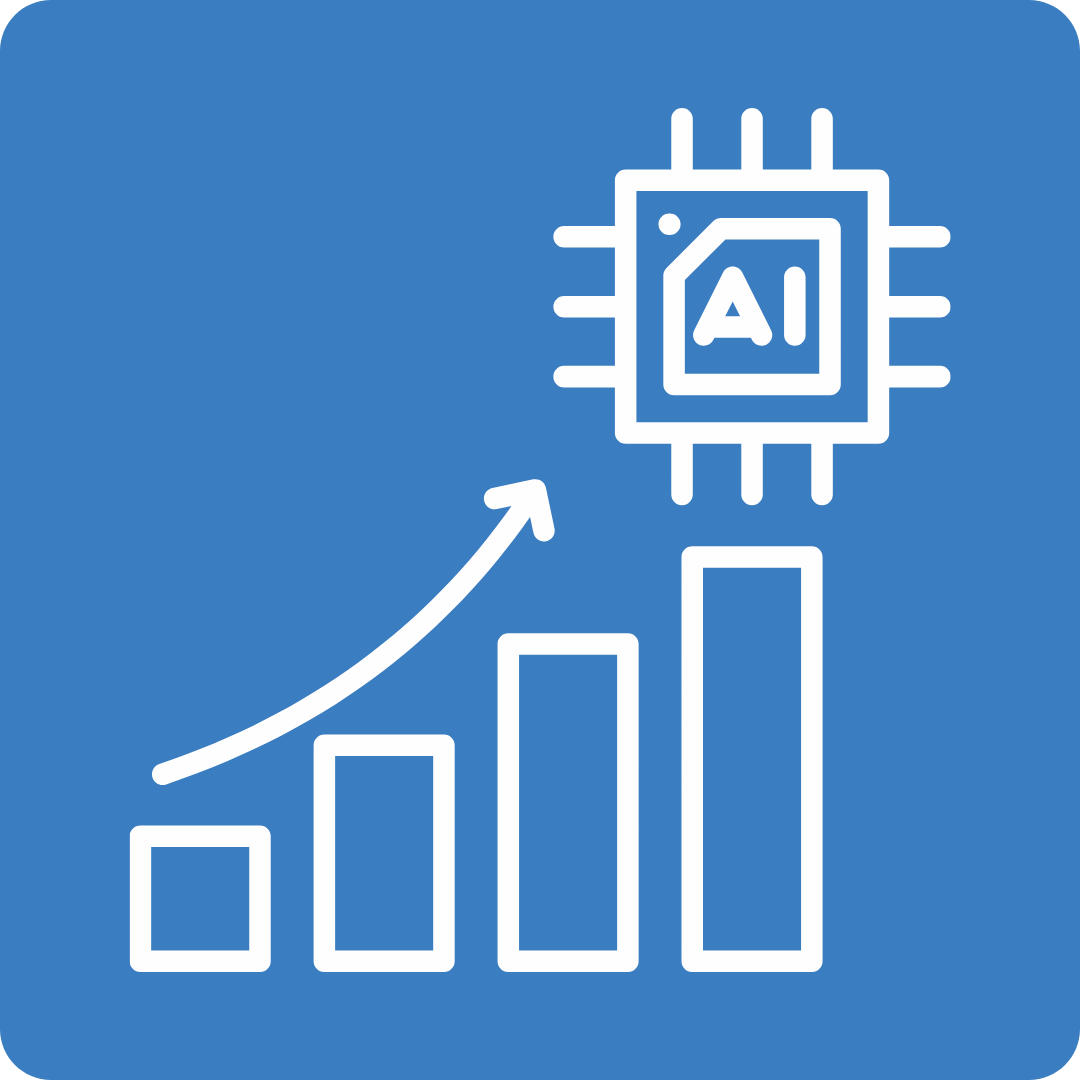
Continued Advancements in AI-First Testing:
- Adaptive Learning Models: AI algorithms will become more context-aware, adapting to different software environments and learning from real-world testing scenarios.
- Dynamic Test Orchestration: AI will dynamically allocate test resources, prioritize critical paths, and optimize test execution based on changing requirements.
- Predictive Defect Analysis: AI will predict potential defects by analyzing historical data, code changes, and system behavior, allowing proactive bug prevention.
AI’s Expanded Role in Test Script Generation:
- Natural Language to Test Scripts: Imagine writing test cases in plain English, and AI automatically converting them into executable scripts. This will bridge the gap between business requirements and technical implementation.
- Context-Aware Script Generation: AI will consider application context, user personas, and usage patterns to generate more relevant test scripts.
- Self-Healing Scripts Beyond UI: Currently, self-healing focuses on UI elements. In the future, AI will extend this capability to APIs, databases, and backend services.
Conversion of English-Written Test Cases into Self-Healing Scripts:
The Vision: QA professionals will write test cases in natural language (English or any other), and AI will transform them into self-healing scripts.
How It Works:
- Semantic Understanding: AI will comprehend the intent behind test cases, identifying critical steps and expected outcomes.
- Automated Script Creation: AI will generate robust, adaptable scripts that handle variations and unexpected scenarios.
- Maintenance-Free Scripts: As the application evolves, self-healing scripts will adapt seamlessly, reducing maintenance efforts.
In conclusion, the integration of AI into QA processes represents a significant milestone in the ongoing digital transformation of industries worldwide. By automating testing procedures, improving accuracy and efficiency, and enhancing overall product quality, AI is revolutionizing the way companies approach QA, paving the way for a future where technology-driven innovation drives continuous improvement and excellence.
Get in touch with our QA experts to know more about AI and its ability to automate quality assurance so you can improve accuracy and efficiency smoothly!
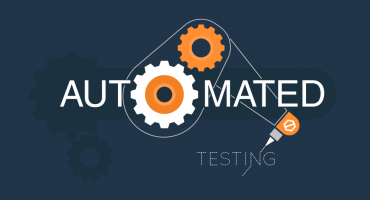
Automated Testing – Top Reasons To Go For It

7 Rules to Follow and Stay Motivated at Work


